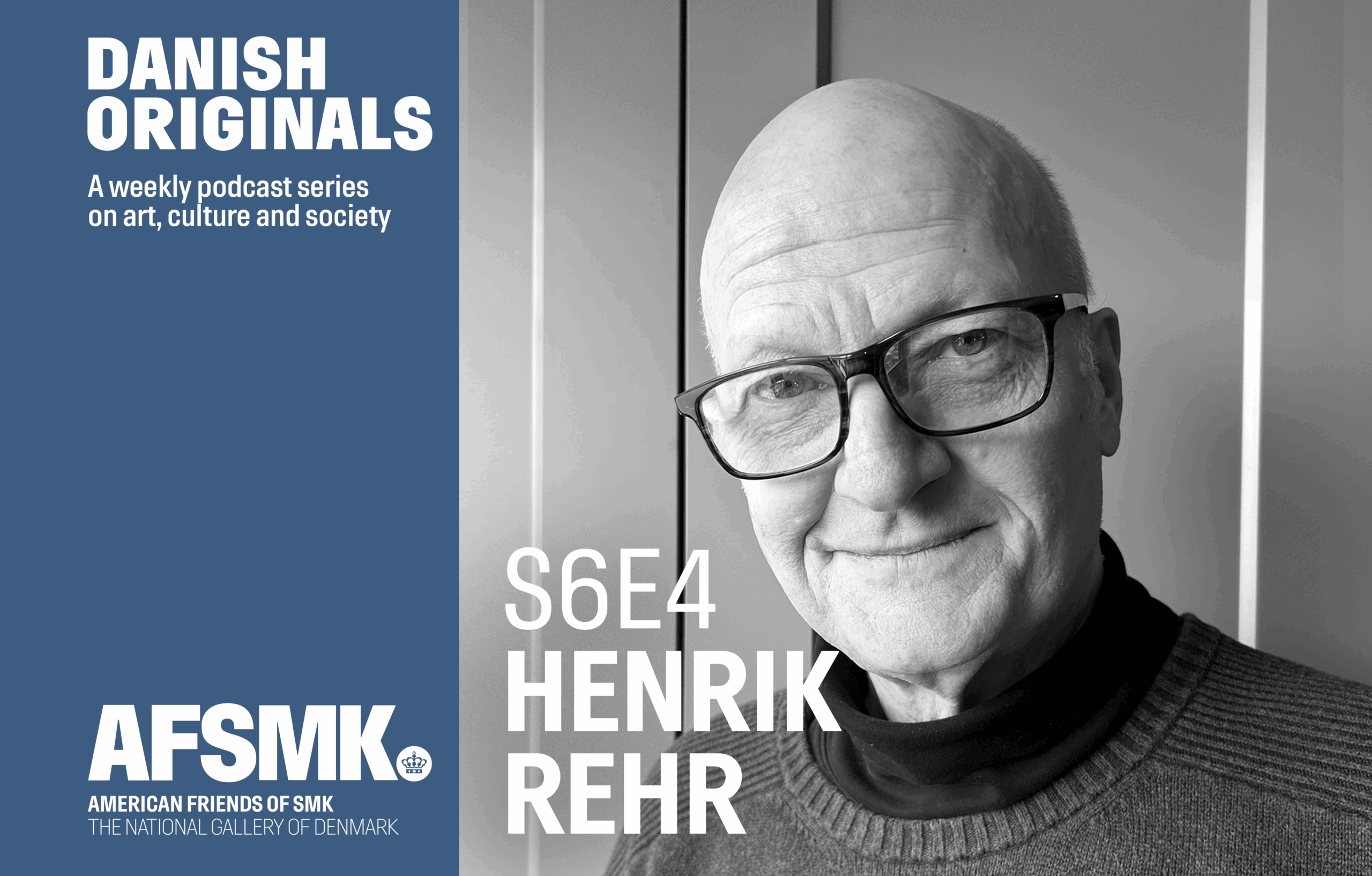Most people in Denmark can go through life without having to worry much about snakebites. But the Danes behind the biotech startup VenomAb have recognised the enormity of the risk they pose to human life on a global scale, particularly in African countries, and have set out to revolutionise antivenom treatment.
Overlooked danger
Alexandra Bak Jakobsen – who co-founded the company with Mikael Engmark, Andreas Hougaard Laustsen and Jens Kringelum – explained that the danger from snakebites is often overlooked.
“A lot of people are scared of snakes, but they don’t think about what happens when you’re bitten by one,” she said.
“You imagine that it’s just a case of getting the appropriate antivenom, but it’s not always that simple.”
Jakobsen traces the company’s genesis to a fateful trip her co-founder made to Africa.
“When Andreas was travelling there his guide told him to beware of snakes,” she recalled.
“This seemed like an obvious piece of advice, but the guide went on to explain that there was no antivenom in the country.”
Cost and side effects
The antivenoms currently available can cost as much as 800 US dollars for a course of treatment.
“In Africa this is beyond the means of most people, so most healthcare facilities don’t even carry them,” Jakobsen explained.
But cost isn’t the only issue that makes existing products problematic. The current production method for antivenom is more than 125 years old.
Antiserums are developed using antibodies found in horse blood that has been exposed to snake venom.
“When these are injected into human snakebite victims, the patient can suffer adverse effects because the body fights against the foreign horse antibodies. Up to 70 percent of patients suffer adverse effects,” Jakobsen said.
Humanised solution
VenomAb’s solution is to use modern technology to produce humanised antibodies. This is done using monoclonal antibodies (mAbs), which are a type of molecule employed in cancer treatment and the experimental drugs (ZMapp) used during the recent Ebola outbreak.
“We’re not the first people to recognise there’s a problem,” Jakobsen said. “Others are trying to improve the existing animal antivenoms – for example, by producing them using sheep instead of horses, but what we’re doing is completely new.”
Business and biology
While the other team members have scientific and engineering backgrounds, Jakobsen has a master’s in applied economics and finance from CBS and a CEMS master’s in international management from the HEC Paris School of Management. She contests that combining the technical and business competences in this way is necessary.
“I see a lot of inventions that never make it to the market. This might be because they were developed without taking into account the commercial side,” she said.
“This is why we’re trying to think of the commercial factors at the same time as developing the product.”
Early success
VenomAb has already enjoyed significant success. It was awarded the Venture Cup Booster Pack in 2013, which gave the company resources and assistance in the startup process. In the same year, it won first place in the Danish Entrepreneurship Awards. Together with the University of Copenhagen and the DTU, VenomAb has also been part of raising significant funding for antivenom research.
Jakobsen explained that in her experience, Denmark offers good startup opportunities for those who seek them.
“You have to be proactive when you reach out doors open for you,” she said.
“Our company is different from most others. There are other startups that have bigger earning potential in the short term but what we have found is that people involved in the competitions we’ve entered have liked what we’re doing and want to help us.”
Next steps
VenomAb intends to obtain regulatory approval for their antivenoms.
“Being approved by the healthcare authorities is important for getting the support of NGOs and also for inspiring confidence from our buyers,” Jakobsen explained.
“This is a complicated process, but because our product is targeted at a problem that is categorised by the WHO as one of the world’s most neglected tropical diseases, there is an opportunity of accessing the FDA streamlined fast-track programprocess.”
VenomAb hopes to have the first batch of serum antivenom ready by 2018, and the company’s focus will be on introducing it to the African market. “It’s where there is the biggest need with over 1 million bites and less than 2 percent of snakebite victims receiving the antivenom treatment they so desperately need” Jakobsen said.













